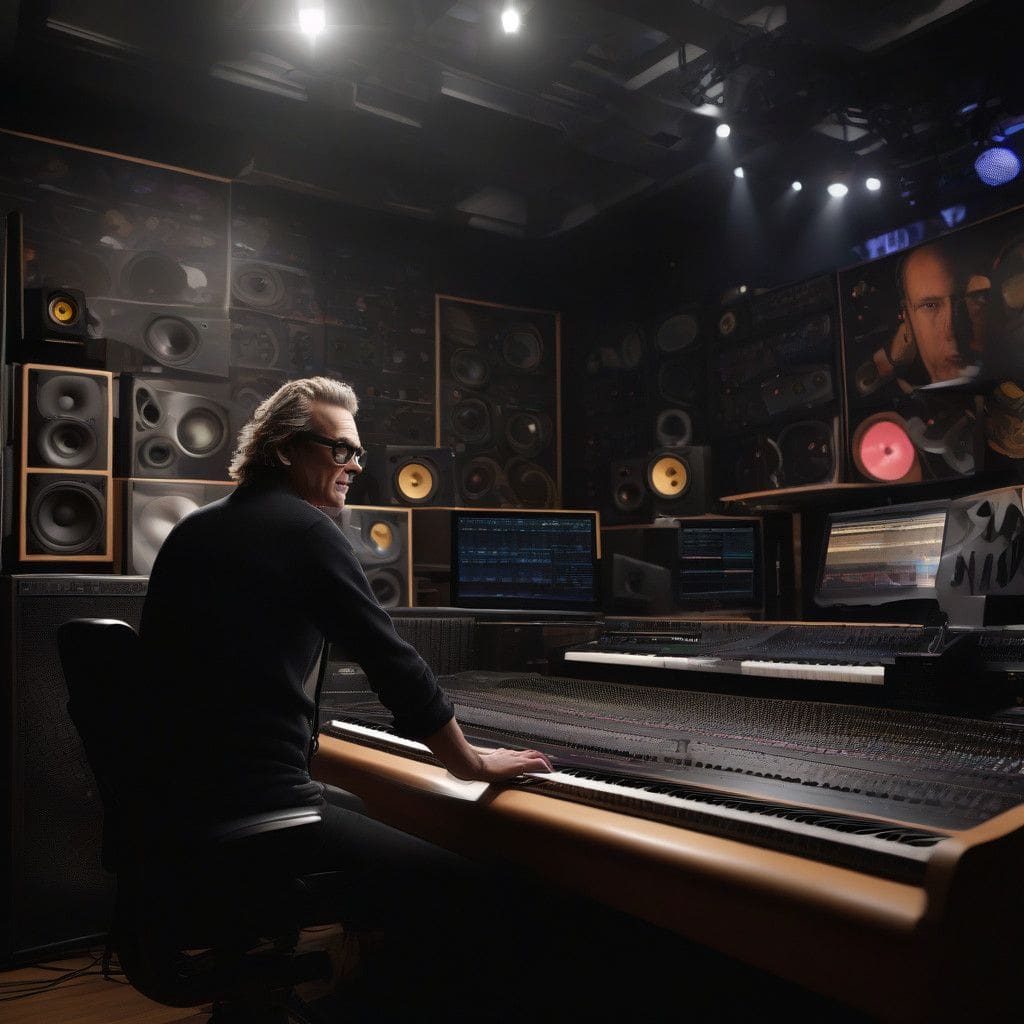In the music industry, the pursuit of finishing incomplete tracks has often led to creative revelations. Recently, Alex Van Halen has expressed a desire to use artificial intelligence (AI) to complete the unreleased songs left behind by his late brother, Eddie Van Halen. This innovative approach not only highlights the transformative capabilities of AI in the music sector but also raises questions about its limitations and implications.
The famed drummer, Alex Van Halen, has disclosed that there exists a vault full of incomplete material from the legendary rock band. Many songs lack critical components such as vocals or complete guitar solos. Given Eddie’s unparalleled guitar prowess, reaching out to technology seems both sentimental and strategic. Alex believes that AI can analyze Eddie’s unique guitar style, creating new solos that align with his brother’s signature sound.
To make this ambitious vision a reality, Alex has initiated discussions with OpenAI, aiming to recreate Eddie’s iconic playing patterns. He imagines combining AI-generated guitar solos with vocals from none other than Robert Plant of Led Zeppelin. Despite a decades-long silence between Plant and Van Halen, Alex is hopeful that the fusion of their talents could yield remarkable results.
This project is not without its challenges. The completion of this musical endeavor could take several years, as creating new material that honors Eddie’s legacy while maintaining artistic integrity is a delicate balance. Eddie Van Halen, who passed away in 2020, left not just a significant mark on rock music but also an expansive array of unfinished works, each brimming with untapped potential.
The legacy of Eddie’s musicianship is paralleled in the experiences of others in the industry who have begun to harness AI for musical purposes. A poignant example is Randy Travis, who released a song featuring AI-generated vocals after losing his singing ability due to a stroke. This blending of traditional artistry with modern technology showcases the potential of AI to breathe new life into musical careers, making the realm of music more accessible and innovative.
As Alex Van Halen steps into this new frontier, it’s crucial to examine the broader implications of using AI to finish music. While technology can capture and replicate Eddie’s style, questions arise about originality and authenticity. Can AI truly encapsulate the soul of a musician? The response to this question will likely dictate how artists and audiences perceive AI-enhanced music in the coming years.
The recent surge in AI’s role in creative industries reflects a significant shift. Artists are increasingly experimenting with AI to craft new compositions and enhance existing pieces. The intersection of technology and creativity is pioneering a new era in music production, where collaboration with AI could redefine musical standards.
Moreover, the integration of AI in music comes with its share of ethical and legal considerations. Intellectual property rights must be scrutinized, especially when AI is involved in the creation of content that historically belongs to human artists. As artists like Alex navigate this landscape, it will be essential to establish frameworks that protect their rights while fostering innovation.
In conclusion, Alex Van Halen’s venture into AI for completing Van Halen’s unfinished music is not merely an exciting development in the rock genre; it represents a broader movement within the music industry towards leveraging technology for creative expression. The ramifications of this initiative could alter the landscape of music creation and appreciation, blending the sounds of the past with the capabilities of the future. As we observe this evolution, it is worth asking how this technology will continue to shape artistic endeavors and the legacies of legendary artists.












